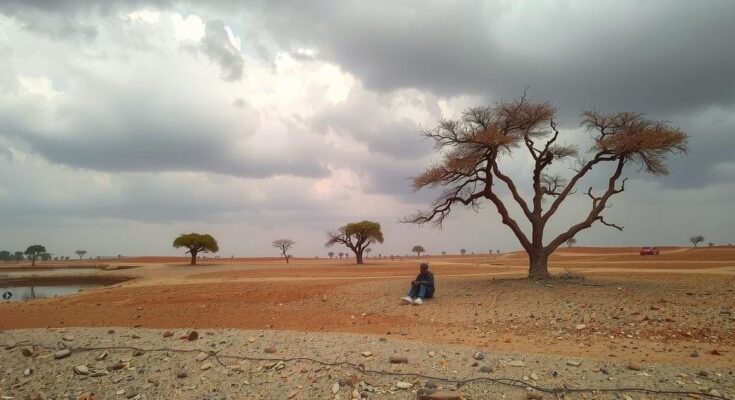The R-ARCISS in South Sudan has failed due to leaders’ inability to implement it, resulting in continued violence and instability. Key incidents include unlawful detentions, military aggression, and disregarding cooperative governance principles. A call for President Kiir is to foster collaboration with SPLM-IO leaders to revitalize the peace process.
The Revitalized Agreement on the Resolution of the Conflict in South Sudan (R-ARCISS) has proven ineffective due to the inability of key leaders to implement peace agreements. These leaders are largely unaccountable to their citizens and have exhibited a lack of political will. My longstanding skepticism of the agreement stems from a comprehensive understanding of South Sudan’s troubled political landscape, marked by self-serving behaviors rather than genuine reform.
A critical examination reveals three thematic issues with R-ARCISS: its defunct nature, dysfunctional implementation, and overall failure. Six years post-signing, South Sudan has not advanced in its pursuit of stability, justice, or democratic reforms. While the agreement exists in documentation, the persistent failures of leadership have rendered it meaningless, particularly in regions like Greater Upper Nile and Unity State.
Recent events in three separate states highlight the detrimental status quo. Incessant targeting of political adversaries culminated in unlawful arrests of SPLM-IO leaders. The SPLM-IG’s actions in Western Bahr El Ghazal and Upper Nile signify deliberate attempts to undermine SPLM-IO officials, culminating in anticipated detentions and escalating tensions.
In an alarming incident on January 15, 2025, the SSPDF, along with militia forces, invaded Nasir and Ulang counties. This aggressive action, mistaken for a troop rotation, illustrates a blatant disregard for constitutional protocols and a significant threat to fragile peace in the area. The involvement of armed groups known for human rights abuses exacerbates the situation.
The dismissal of Western Bahr El Ghazal Governor Alfred Futuyo on February 10, 2025, without SPLM-IO’s consent, embodies a contravention of cooperative governance mandated by R-ARCISS. This incident mirrors past attempts to destabilize the political landscape and threatens existing peace structures.
Furthermore, the arbitrary arrests of leading SPLM-IO officials, including Minister Puot Kang Chuol, violate constitutional protections against wrongful detention. As none of these individuals have been presented in court, it reflects a dire undermining of judicial integrity.
The potential siege of First Vice President Dr. Riek Machar’s residence on March 5, 2025, further compounds existing tensions. Despite evasive responses from government officials about the circumstances, these developments signal the precarious nature of political stability in South Sudan.
Moving forward, it is imperative for President Salva Kiir to avoid targeting key figures in the peace process, such as Dr. Machar. Any aggression against Machar could lead to heightened conflict and deter negotiations critical to South Sudan’s recovery. The SPLM-IG must recognize the importance of working cooperatively, as shown in Machar’s communications with regional leaders, to foster real progress for the nation.
Dak Buoth Riek-Gaak, the National Chairperson for Legal and Constitutional Affairs of the South Sudan People’s Movement, articulates these concerns and advocates for a significant shift in the leadership approach.
In summary, the R-ARCISS has not facilitated peace in South Sudan due to the ineffectiveness of its leaders and systematic violations of its principles. Key issues include unlawful arrests of political figures, aggressive military actions, and unilateral decisions undermining collaborative governance. To foster a sustainable peace, it is crucial for President Kiir to exercise restraint and embrace cooperative efforts with opposition leaders. Only through genuine commitment to the agreement can South Sudan hope for stability and development.
Original Source: www.radiotamazuj.org




